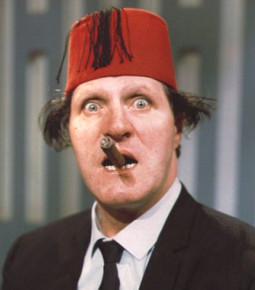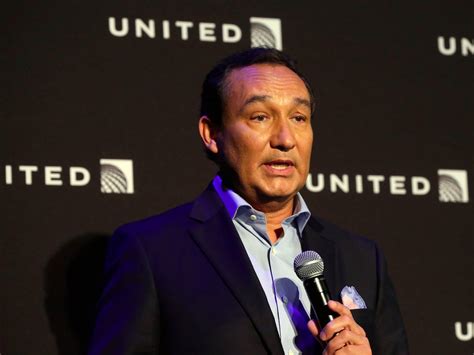A Quote by Diane von Furstenberg
The Chinese consumer is everybody. It's very simple.
Related Quotes
The true essence of Chinese culture is sophistication, refinement, the spirit of poetry. The spirit of ink painting and calligraphy lives on forever. Calligraphy is more important than painting. Chinese always consider nature. Man is a very small part of nature. That's why in Chinese painting you see huge mountains and man very small, very humble before nature. You must be harmonious and one with nature. You don't fight it. And then there's a bit of a poetry. Of course, it's very complicated, but also very simple.
When we look at Huawei and ZTE, there are significant indicators that - because of Huawei's close relationship with the Chinese military and Chinese intelligence, the use of Huawei technologies could create backdoors for areas of access to consumer data or company data that we would find unacceptable.
If the Chinese economy can be opened so that currencies are convertible, Chinese tourists can take money and go see the world. Chinese businessmen can go and buy property in the U.S. and France and every place. All of a sudden, it's just going to be a blossoming global economy. I think it's going to be good for everybody.
There are photographers who push for war because they make stories. They search for a Chinese who has a more Chinese are than the others and they end up finding one. They have him take a typically Chinese pose and surround him with chinoiseries. What have they captured on their film? A Chinese? Definitely not: the idea of the Chinese.
If there's any country that has the capacity not to control North Korea, but to influence North Korea, it's still China. The Chinese always say they have very little influence. They have more than they say they do. We should put pressure on them to do it and there's finally, we're seeing the first signs of a little bit of Chinese disaffection. At some point they're getting tired of the antics of this country. This is a dangerous ally for China to have. And the more Chinese can pressure them and put the economic screws on them, the better it will be for everybody.
You know, I think of the global economy as an inverted triangle, resting on the shoulders of the American consumer. And if the American consumer cannot have enough disposable income in order to maintain a standard of living that creates more opportunities generation after generation, that's bad for everybody.







































